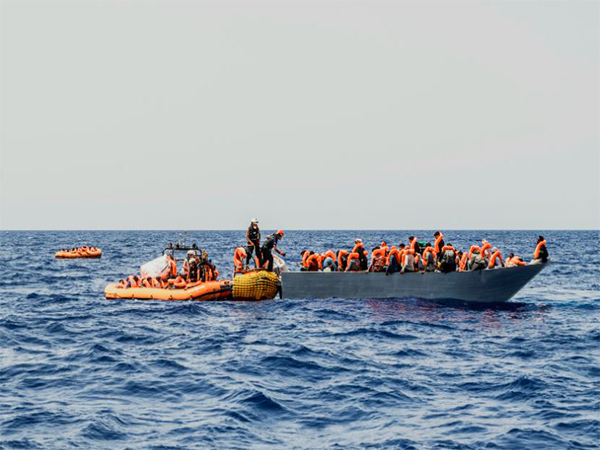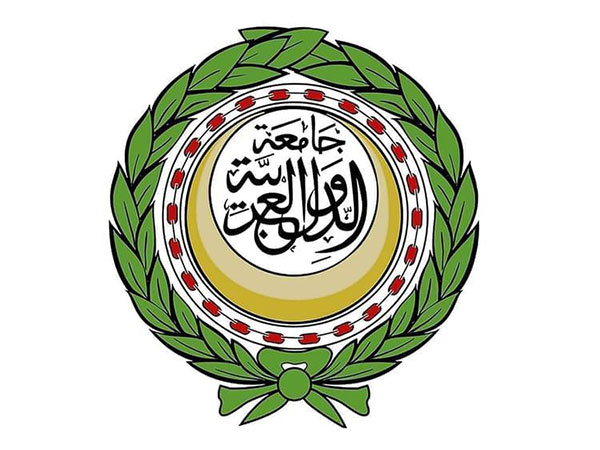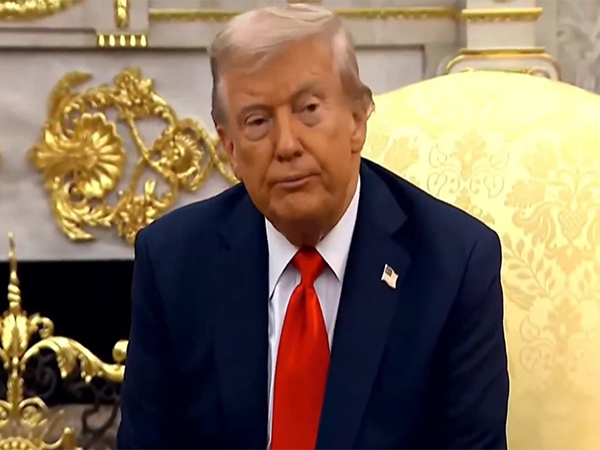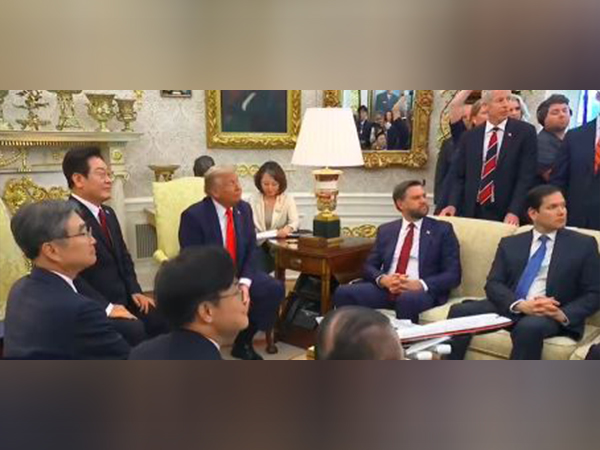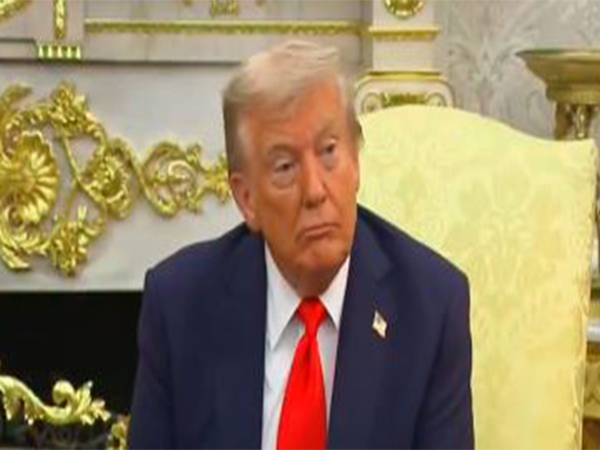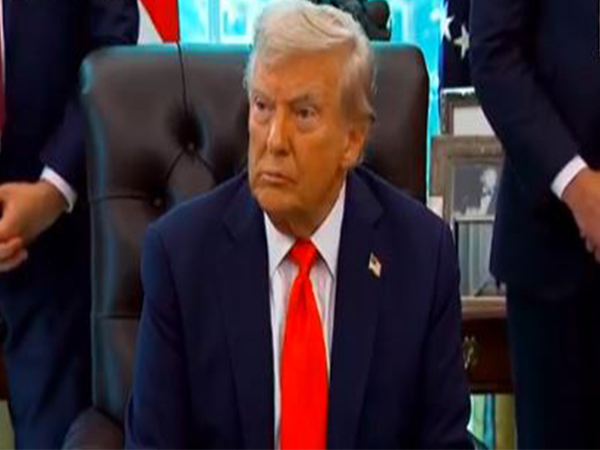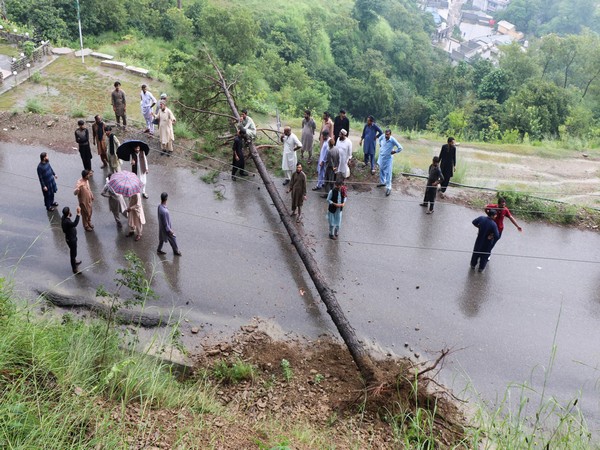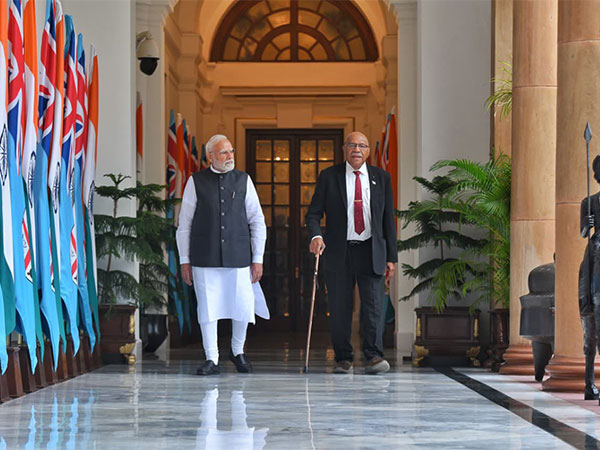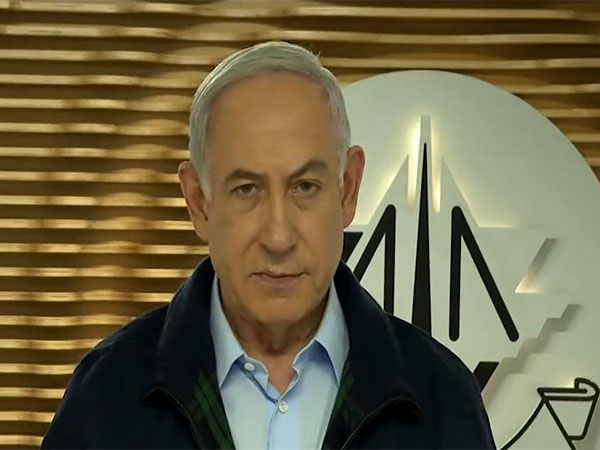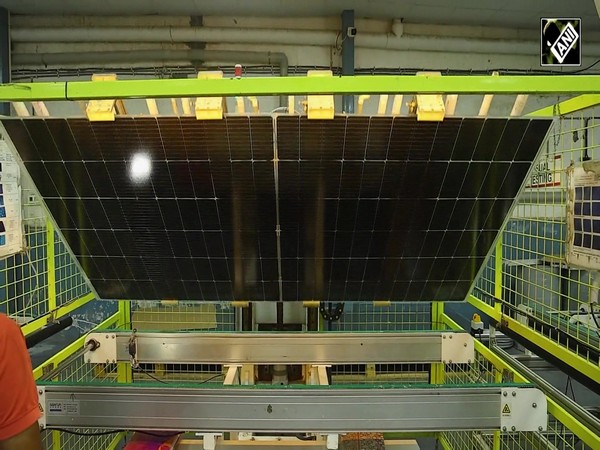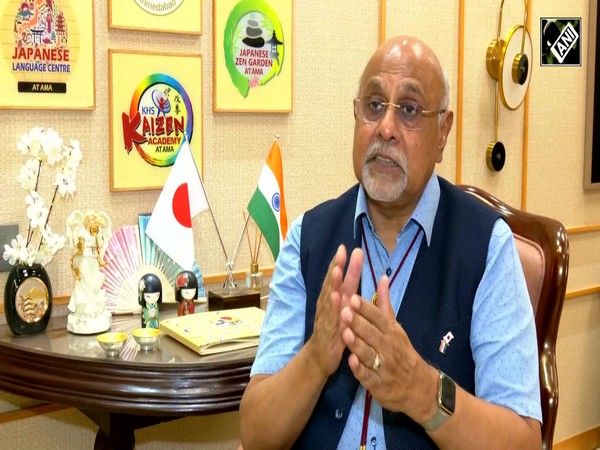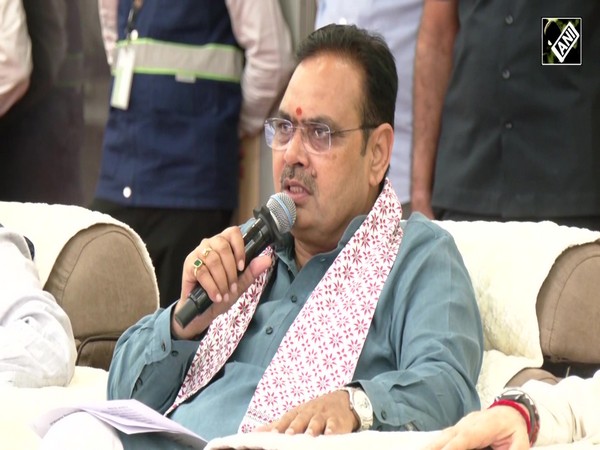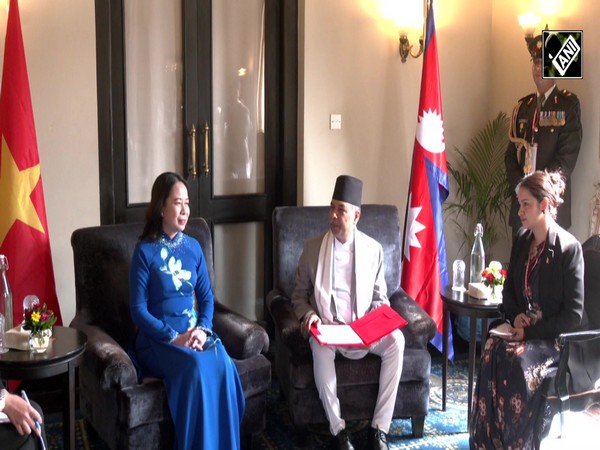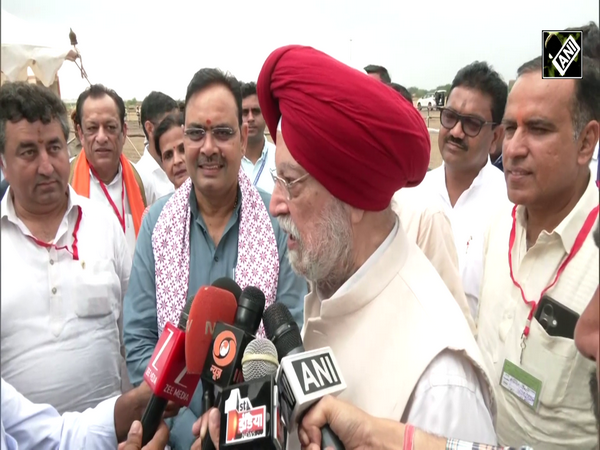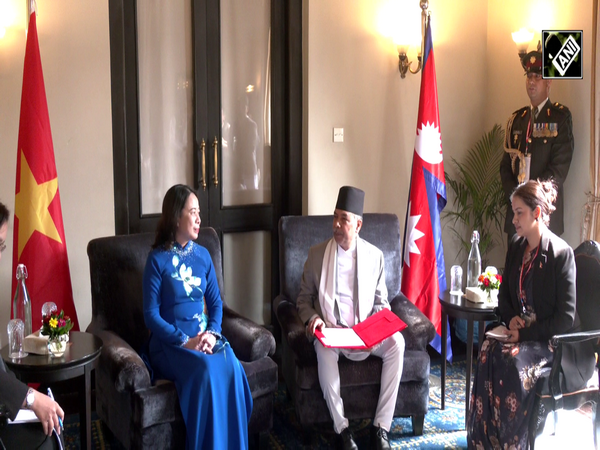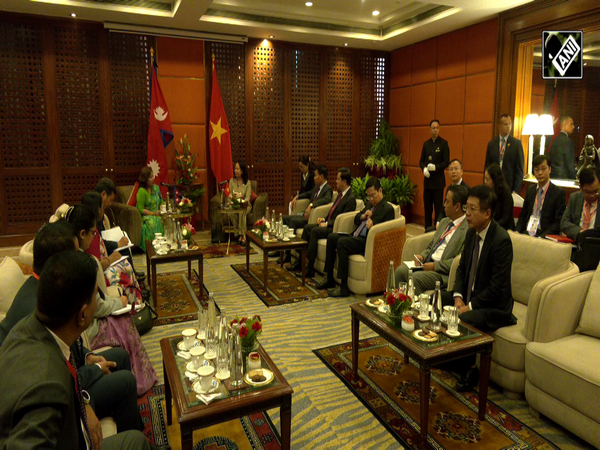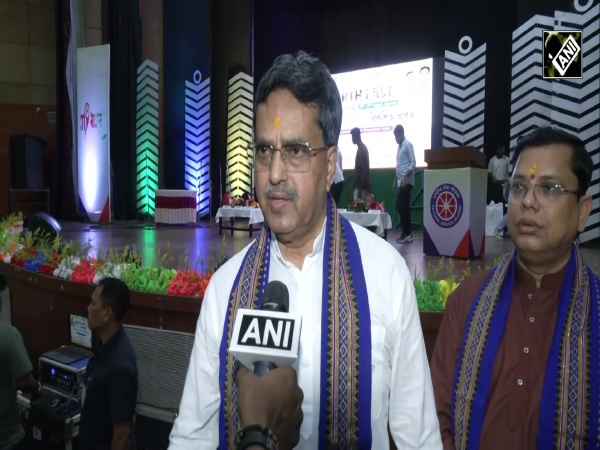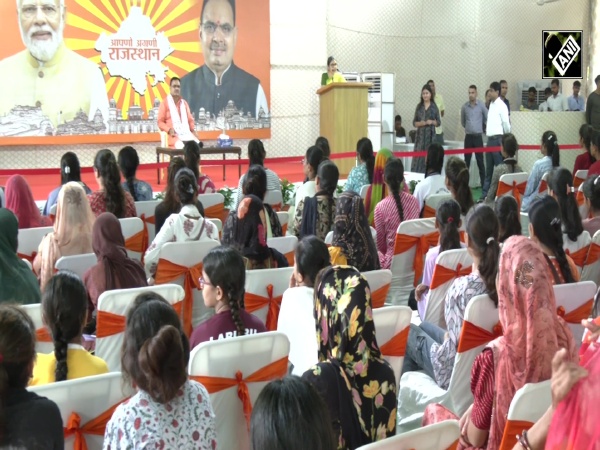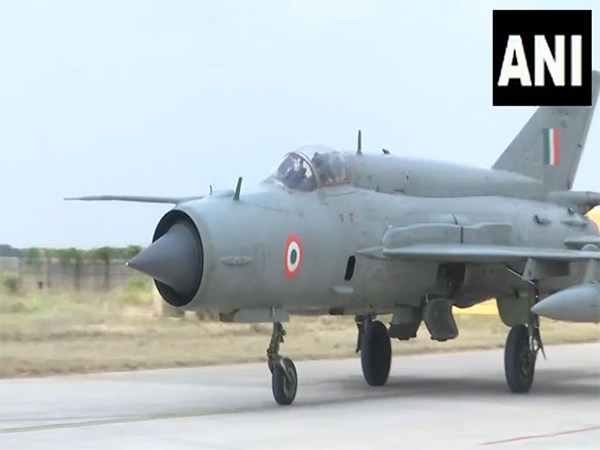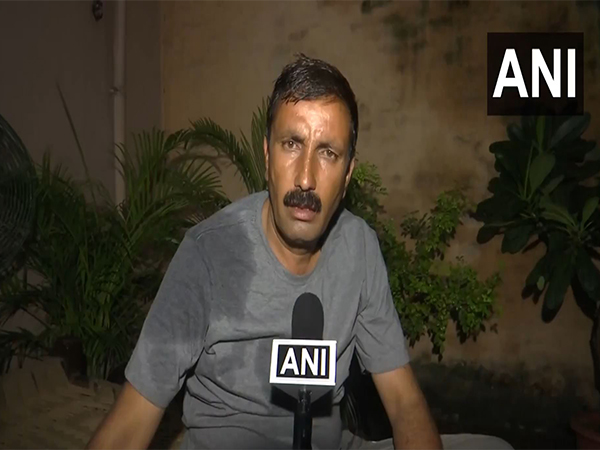
Avoiding involvement in regional conflict in our supreme national interest: Lebanon PM
Jun 22, 2025
Beirut [Lebanon], June 22 : Amid growing tensions in West Asia, Lebanese Prime Minister Nawaf Salam on Sunday urged all stakeholders to avoid dragging Lebanon into the escalating regional conflict. He stressed that Lebanon must remain focused on its national interest and stay out of any confrontation.
"In the face of the dangerous escalation in military operations and the risks of their repercussions for the entire region, it is increasingly important for us to adhere strictly to the supreme national interest, which requires avoiding Lebanon's involvement or being drawn into the ongoing regional confrontation in any way," Prime Minister Salam said in a statement.
"Our awareness of our supreme national interest is our most powerful weapon in these critical circumstances," he said.
The Lebanese Prime Minister's appeal came shortly before more tensions flared on Israel's northern border.
According to a report by the Times of Israel, Israeli Defence Minister Israel Katz issued a strong warning to Hezbollah after its deputy chief, Naim Qassem, said the group would "act as we see fit" in response to the Israel-Iran conflict.
"The Hezbollah leader hasn't learned from his predecessors and is threatening to act against Israel," the publication citing Katz, said, referring to former Hezbollah commander Hassan Nasrallah, who was killed by Israel last year.
"I suggest that the Lebanese proxy be careful and understand that Israel has lost patience with the terrorists who threaten it," he added. "If there is terror, there will be no Hezbollah."
On June 19, Tensions escalated after the Israel Defense Forces (IDF) claimed responsibility for a drone strike that reportedly killed Yassin Izz a-Din, a Hezbollah commander, in the town of Barish in southern Lebanon.
The IDF said a-Din was responsible for launching several rocket attacks on northern Israel and for trying to rebuild Hezbollah's rocket artillery unit. "His actions constituted a blatant violation of the understandings between Israel and Lebanon," the TOI, citing the Israeli military, added in its report.
Earlier, Israeli Air Force (IAF) launched a fresh wave of airstrikes targeting military locations in western Iran. The strikes were carried out in response to missile attacks from Iran that injured civilians in Israel earlier in the day.
In a statement, the Israel Defense Forces (IDF) said, "The IAF has begun a series of strikes toward military targets in western Iran. Additionally, this morning, the IAF struck missile launchers ready to launch toward Israeli territory, soldiers in the Iranian Armed Forces, and swiftly neutralised the launchers that launched missiles toward Israeli territory a short while ago."
The regional situation further escalated after the United States joined the conflict. In the early hours of Sunday, the US and Israel jointly targeted three key Iranian nuclear sites located in Natanz, Isfahan, and Fordow. Fordow is Iran's main uranium enrichment facility, enriching uranium to 60 per cent.
According to a CNN report, the US likely used six Northrop Grumman-made B-2 Spirit bombers to drop a dozen GBU-57 A/B "bunker buster" bombs, also known as Massive Ordnance Penetrators (MOP), on the Fordow site. A US official also told CNN that a full payload of bombs was dropped during the strike.
Following the strikes, US President Donald Trump made his first public comments and warned Iran of further action if it does not agree to a peace deal.
"There will be either peace or there will be tragedy for Iran, far greater than we've witnessed over the last eight days," Trump said in his address from the White House on Saturday (local time).
